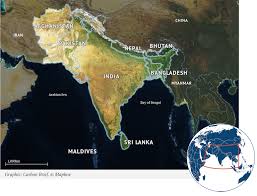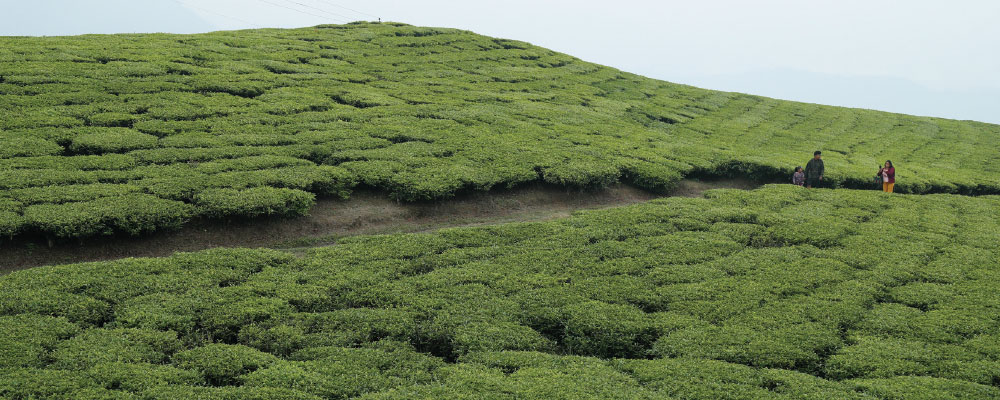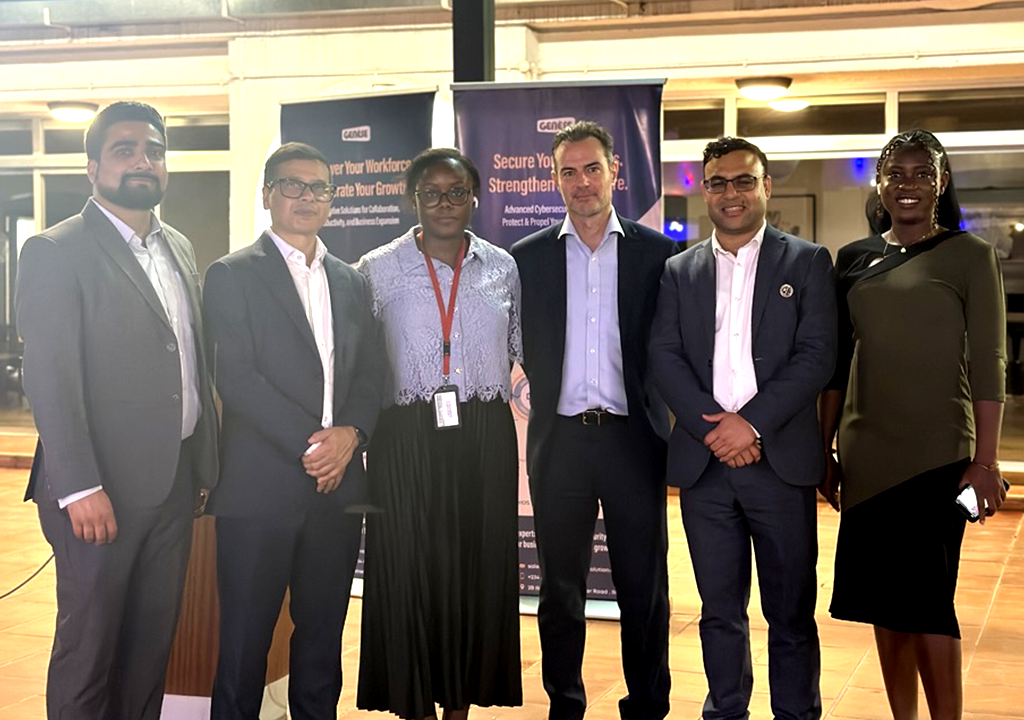UK Government Commits $63 Million to Support Climate Resilience in South Asia through World Bank Partnership

London –In a significant step towards addressing climate change and its adverse impacts, the UK government has announced a funding pledge of up to $63 million (£50 million) over the next seven years. The funding aims to support research, build institutional capacity, and enhance climate resilience in South Asia. The program will be implemented by the World Bank, focusing initially on six countries: Bangladesh, Bhutan, India, Maldives, Nepal, and Sri Lanka, with plans to expand to parts of the wider Indo-Pacific region.
Jenny Bates, the Director General for Asia Pacific at the Foreign, Commonwealth & Development Office, emphasized that tackling global challenges like climate change and environmental damage is a top priority for the UK, as outlined in their Integrated Review Refresh. The UK’s collaboration with the World Bank, known as the Resilient Asia Program (RAP), is designed to improve natural resource management and foster climate resilience, benefiting millions of people across South Asia and beyond.
During the first year of implementation, the RAP will focus on critical areas such as air pollution, thermal comfort, and early warning systems. Collaborative efforts will be made to address air pollution and exchange knowledge on thermal comfort and cooling solutions to combat heat-related challenges. Additionally, the program will aim to enhance coordination on early warning systems, weather, and climate information among South Asian countries.
Martin Raiser, the World Bank Vice President for the South Asia Region, highlighted the urgency of the program. He mentioned that more than half of the population in South Asia has experienced the impacts of climate-related disasters in the past two decades, making the Resilient Asia Program a crucial initiative to address the climate crisis and work towards a resilient future.
One of the significant projects under the RAP includes supporting the governments of India and Bangladesh in building community resilience, sustainable livelihoods, and conserving the precious ecosystems of the Sundarbans region. This mangrove forest, the largest in the world, serves as a shared ecosystem between the two countries.
Furthermore, the program aims to foster cooperation in transboundary water management between Bangladesh, Bhutan, and India in the Brahmaputra-Jamuna River basin. With climate hazards not confined by national borders, Cecile Fruman, the World Bank’s Director for Regional Integration and Engagement in South Asia, stressed the importance of cross-country collaborations to strengthen climate resilience effectively and ensure a sustainable future for the people of South Asia.
The Resilient Asia Program is part of the UK government’s broader commitment of up to $348 million (£274 million) to enhance resilience against climate change impacts in the Indo-Pacific region under the Climate Action for a Resilient Asia (CARA) program. Other partners collaborating on CARA include the UK’s Met Office, the Asian Development Bank, the United Nations Development Programme (UNDP), and the International Centre for Integrated Mountain Development (ICIMOD).
With this substantial funding and partnership, South Asian countries are poised to strengthen their efforts to combat climate change, protect their natural resources, and secure a sustainable and resilient future for their people. The UK’s commitment stands as a testament to the global cooperation required to combat the shared challenges of climate change on a regional and international scale.


















Facebook Comments